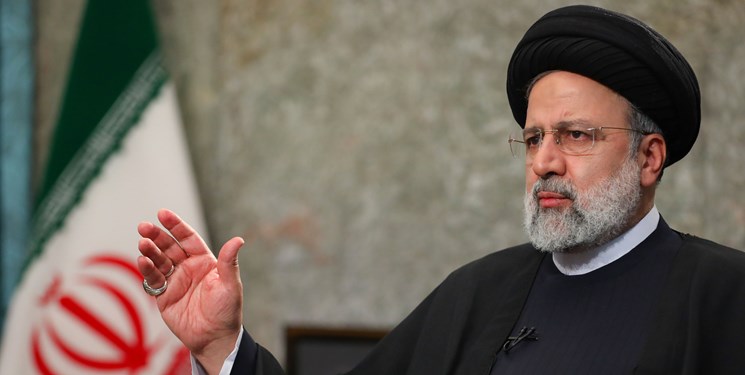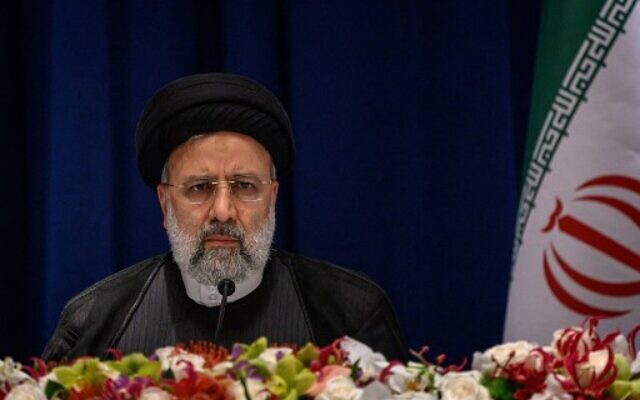Iranian President Ebrahim Raisi’s claims that Western powers are behind the protests against mandatory headscarfs for women in Iran, known as the hijab.

The protests in Iran against mandatory headscarfs for women. (Photo: Farsnews)
Iranian Hijab Protests and President Raisi’s Allegations of Foreign Interference
In recent years, Iran has witnessed a series of protests against the mandatory headscarf for women, known as the hijab. According to the article of Politico, these demonstrations have gained attention not only within Iran but also on the international stage. Iranian President Ebrahim Raisi has recently claimed that Western powers are behind these protests, an assertion that raises questions and highlights the complexity of the situation.
Raisi’s assertion that external actors are responsible for the hijab protests contradicts the experiences and sentiments of many Iranian women. The protests have been driven by Iranian citizens, particularly women, who seek greater personal freedom and an end to compulsory veiling. These women are not mere pawns manipulated by foreign powers but individuals demanding their rights within their own society.
The catalyst for the recent wave of protests was the tragic death of Mahsa Amini in September 2022, who died shortly after her arrest in Tehran for violating the hijab law. Her death, along with the subsequent arrest of her father and the arrests of thousands of other demonstrators, galvanized the movement.
READ ALSO: U.S. Commerce Department Implements Rules To Secure Semiconductor Chips Manufacturing
The Complexity of Iran’s Hijab Protests and Their Rooted Societal Concerns
President Raisi’s assertion that the United States and three European countries which are the Britain, France, and Germany are involved in orchestrating these protests may be seen as a diversion tactic. It deflects attention from the genuine concerns of Iranians and their desire for greater personal freedom.
Iran’s strict enforcement of its interpretation of Islamic law is indeed exceptional, even within the Muslim world. However, it is crucial to recognize that the hijab issue is just one aspect of a broader debate within Iran about the role of religion in public life and individual freedoms. It is a debate that involves Iranians from all walks of life and not just a result of external interference.
READ ALSO: Governor Phil Murphy Joins Calls For Senator Menendez’s Resignation Amid Bribery Charges









